Exuberance and strong will. That’s how it feels talking with John. He is an enthusiastic storyteller, choosing his words with special care and purpose and enunciating them as a talented actor. In November 2018, I had the chance to see him on the stage of Helsinki Original Sokos Hotel Presidentti, when he delivered the speech, “Communicate to Inspire”. I couldn’t help noticing how, already in the first minutes of the speech, he managed to create a cosy atmosphere for an audience of about 200 people.
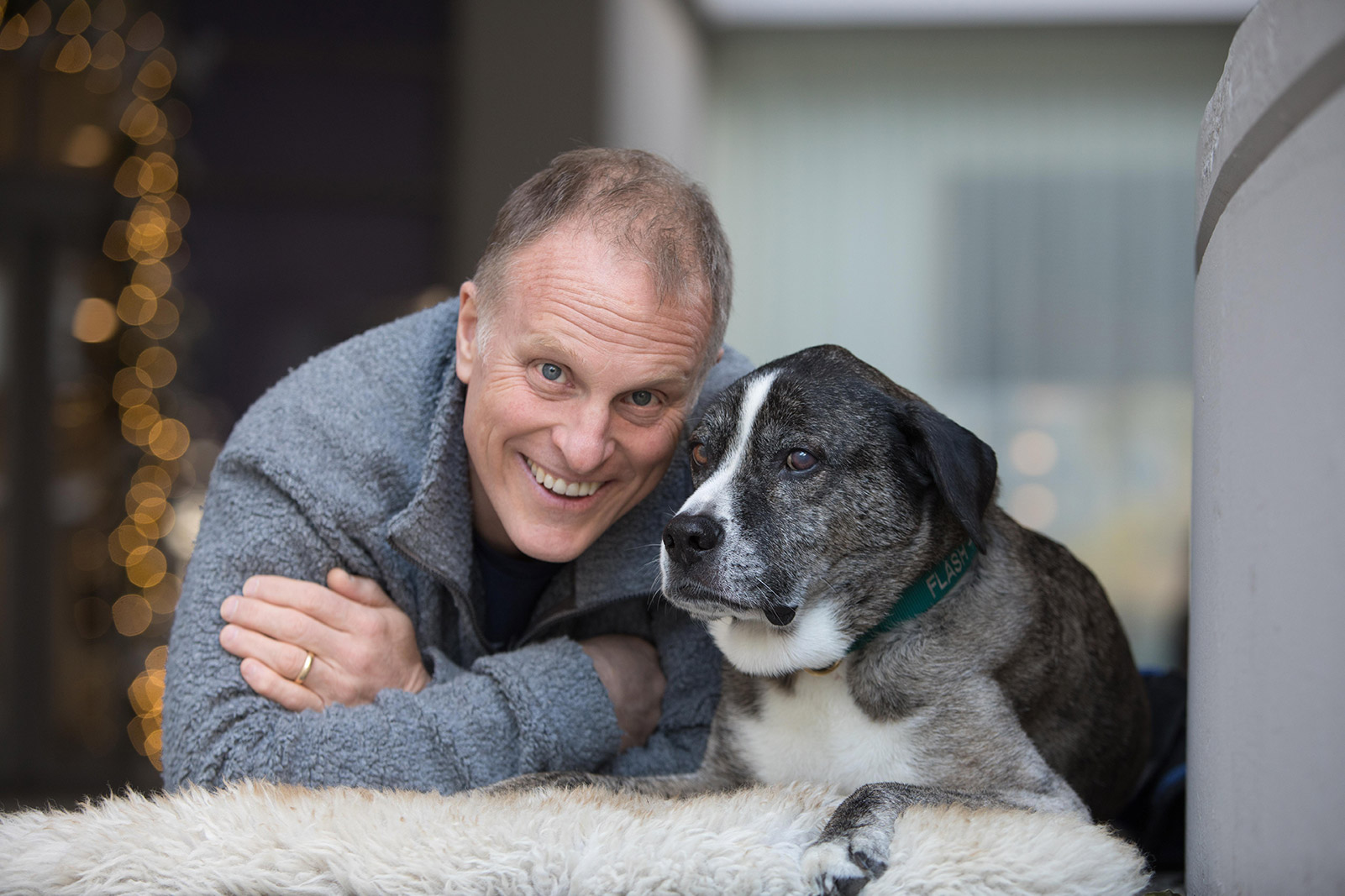
John Bates has a company, Executive Speaking Success. He does large group trainings, small group trainings and one-on-one executive coaching. He also does keynote speeches with focus on leadership communication. He trained lots of TED speakers, TEDx speakers and also top leaders at large corporations to make their speeches for their conferences TED worthy.
Author of the book Your Amazing Itty Bitty Guide to Being TED-Worthy , John is a successful entrepreneur who proved being able to make money from doing something he is good at.
Let’s hear to what extent he perceives himself as a creative individual and what are the creative strengths that enabled John’s success. How does John manages his thinking and time to make room for creative thinking and see opportunities for growing his business?
Oana: Hello John. Great to see you again. I have watched you in a series of speeches and in almost every speech you mention you are a soft skills guy. Which soft skills, in particular, have helped you enjoy the success that you have now?
John: I think that some of the soft skills that made a big difference for me in my success are things like empathy and really, really listening. I could listen to people say things and I could say that again but make it much more succinct and more memorable.
Oana: Thank you. Now, I’d like to ask you, when you hear the word Creativity, what comes to your mind?
John: Creativity! There are lots of things that come to my mind. The very first thing is that I remember when I was singing in the band and I would consider myself a poet, I would carry around a pencil and a little notebook everywhere with me. Whenever a phrase hit me or saw or hear something interesting or beautiful, I would stop and I would write it down in the notebook. Then I would go back a month or two, or every week or day, depending how much I was writing and I would pull some stuff out of that. A lot of that became the songs that I was writing. That was a really effective, fun, cool thing to do.
Oana: So being a poet and writing songs are the things that you associate with creativity. Do you perceive yourself being a creative person?
John: It’s funny that you ask that. One part of me says well, I’m not a creative person. I don’t dress weird enough, you know, like the stereotypical thing of you are creative, I’m not. And I do imagine a lot of people feel like, oh, well, I’m not creative and yet, probably they are. It’s hard to give yourself credit for that.
One of the things that I still struggle a little bit is in my trainings. One of the things that I ask myself, “Is the stuff that I train people creative?” And part of me says, no, it’s just standard old stuff. The other part is that one of the things I hear from people quite a bit is, “John I have heard these things from other people. But I never got them before. The way that you frame it, say it and present it, I actually got it.” So, if I was gonna drop the false modesty, if I was pretending coaching me, I would say, “Well, be generous with yourself. That is one aspect of creativity, something that is already out there but say it in a way that is usable for people and it wasn’t as usable before.”
I think there are different aspects of creativity. Like I think when I hear creativity, something that comes to my mind is something out of nothing. It has to be a really big deal. Whereas, there are other aspects of creativity. Like maybe you didn’t create all those pieces but if you put them together in a unique, special way, that’s creativity too.
Oana: And what do you think would be your creative strength?
John: Well, that’s a good question. It’s so funny. That question stumps me. It’s funny to me that I am so stumped by that. But I think my creative strength is in the creative ability to hear something and being able to rephrase it and reframe it in a way that is more succinct, more powerful, more memorable.
I think it’s something that I do a lot when I work with people on their speeches. I listen to them and I play back what they say in a different way. And all of a sudden, I’m “wow, I’m so inspired by myself.” Because they never thought of it that way.
I do experience that on an almost daily basis and it’s incredibly fulfilling and I believe this is one of my strongest creative aspects. And again the monkey mind says, “That’s not actually creative! You’re just rewording stuff!” Well, ok, you know …
Oana: Did your understanding of creativity developed since you were young? And if yes, in what direction has your understanding been growing?
John: In what direction did my understanding of creativity grow? Is that the question? My understanding has become far more broad and far more generous. I think there is so much space and need and room for creativity that I didn’t fully recognize before and didn’t validate before, if you will. You can be creative in cooking. You can be creative in how you clean your house.
There is room for all kinds of creativity and I even think there is an element of creativity of just being willing to be in awe of Universe or beauty. I mean ok, somebody created that beautiful amazing painting but me standing in front of that painting and being truly in awe of the beauty, in some way, that’s creative too. I’m participating in creating the awe that is part of the wonderfulness of that painting. If nobody stood in awe in front of that painting, it wouldn’t matter that it is fantastic, right? That’s kind of creative in my book now. I came a long way.
Oana: We talked about creativity in music, poetry and art. In what other areas of life do you think that creativity stands out? You also mentioned creativity in the way we cook. But where else? For instance in business? Do you see creativity in business?
John: I always had my nose looking down at business because you know, everybody is just money grabbing. I had no idea until I tried it myself how absolutely creative and fun and interesting business is. It is one of the ultimate creative acts.
I have absolute deep respect and love for people that create businesses that do good things and make money. How cool is that?! The creativity in, what’s the product? The creativity in how do we market it? How do we tell people about it? The creativity in how are we going to provide customer service? The creativity in how are we going to structure this deal? How are we making a contract that keeps both sides happy to keep going? That’s all creativity. And everything that’s around me, this hotel, the beds, those sheets, my watch. That stuff all got created and it got created as a function of business. It’s an amazing fertile field of creativity in my book.
Oana: Thank you very much. This leads me to the next topic of inspiration. Now when we consider growing, coming up with new strategies to develop the business, inspiration is very important. So, what are the places or who are those people you look up to help you get novel ideas for your business?
John: One of the persons who inspires me tremendously is Richard Branson. I think he’s so cool, he’s so wacky, so out there. He’s so brilliant, he’s got so great ideas. He thinks that taking care of the employees is the most important part because if they’re happy, the customers are happy, then the shareholders are happy. That’s great! I love that stuff.
And here’s something that he talked about that I knew but I didn’t really get until very recently is that he has dyslexia quite badly. So, he felt he couldn’t be really good at running the business. He would go figure out whatever it was he wanted to get into, spend a few weeks deeply trying to understand it and then hire somebody who would be really really good at to run that business.
And I realized that there are so many people out there that are so good at what they do and they spent a lifetime to get that good. They couldn’t do other things. They couldn’t take big risks. They couldn’t run around and do this other stuff. That’s why they’re so good but what they want more than anything is for someone like me who is not really good at anything to hire them and say, “Wow, you’re really good! Keep going!”, “Wow, that’s awesome! Keep going! Get better!”, you know.
Oana: So, you would be the one who has the vision and lead them emotionally and they would be the ones who would lay the bricks to implement the vision.
John: Exactly, doing what they love. And I can facilitate all that. Giving them a place where they can do what they love and can actually make money. They can have a fulfilling career doing something that matters. And I never really saw it like that before. The point is the less I do, the more successful the company could be, if I do it right, you know. So, that’s inspiring.
And of course, Simon Sinek is a huge inspiration. He knocked a bunch of bricks loose in my brain that helped me develop this thing in the first place. I love him. I hang out with and he helped me figure out my why one year when we were hanging out at TED and that completely changed my life.
And you know, I had a debate coach named Dean Smith. That guy was crazy, fun and awesome: I feel like I owe him my life. Because that experience of being in debate in highschool, working with him and getting coached by him on public speaking and everything. That ended up being the ticket that I had, that had me be successful wherever I went. That was the card I played every time, my ability of public speaking on top of everything else that I was doing. So I do think communication is important and I used to undervalue the skill I had. And I don’t undervalue it anymore, you know?
Oana: Thank you. And there is another aspect of being inspired. To increase the likelihood of getting insight on how you want to grow your business, you may benefit from having the brain in a certain state of relaxation. Do you do exercises during your work days, like yoga or meditation, or other relaxation exercises to help your brain be open to insight?
John: Right now, I’m doing some abundance meditation. Because with my business I think I started to do so well that it scared me, like “Oh, this is too much out of my comfort zone, I’m making too much money! So I kind of pulled the reins!” So if I pull the reins on making money, I also pull the reins on making a difference and I don’t want to do that. (31:39) I want full out, let’s make the biggest difference we can. And that will also mean that I gotta be ok with full out on making a lot of money. So that’s my meditation right now. It’s abundance and letting that in and you know, the thing that I add to the meditation I’m doing is yes, I’m allowing this abundance in and I’m using it wisely. I’m using the abundance wisely and joyfully. That’s my little addition to the meditation I’m doing. And it’s important to me.
And if I’m doing all that, then I’ll be taking all the money that the Universe wants to give me because I’ll be using it wisefully and joyfully and making a difference with it. So, that meditation is a huge thing.
I noticed that I do better when I exercise but I haven’t been exercising for a while. I just got lazy.
And the other thing that I haven’t done for a while but I wanted to start doing it again, is building in some breaks in my day. Because I’d get up and just go all day without having any breaks. And I feel like if I take a 15 minutes break and I just let my mind relax for a minute, I’m more creative and I’d do better. And I think all the brain science would back me up on that. So, it’s counterintuitive for me that more space in my day, would mean I could get more done. But that’s true, I think.
Oana: Very close to inspiration and relaxing the brain, we have intuition. I wanted to ask you what is intuition to you?
John: It’s a good question. The first place that my mind goes because of the work I do is that your intuition is your paleomammalian ancient brain and it really dialed into the reality. It sees things. It smells things. It notices patterns that you never consciously notice. But it can communicate with you but it doesn’t have language. But it has to communicate with you with gut feeling.
So I think part of intuition is that piece of my brain that is so ancient and wired so animalistically deeply that it can pick up signals from the environment that I won’t get consciously. I’m pretty sure that some of the things that I have developed have come about because my ancient brain noticed people reactions to things and helped me formulate something that would work with that, or deal with that, or answer that, whatever. And I do think there is a collaboration between the logical brain and the completely non-logical, no reason, no language, ancient part of the brain like that. And it will toss those ideas up to my conscious brain through enough feelings and intuition.
And I think there is another part of me. I don’t believe in God necessarily, but I believe there is some sort of Divinity in the Universe, you know? When we sit down to eat with my son, I say, “Thank you, Big Is.” Just Beingness of the Universe, you know?
Because the Universe is. It exists. We are existing and there’s something just magical and divine about that. And I think that whatever the mechanism is, that also sometimes comes into play. To be open to that. It helps me to believe that that happens because then I can be open to that. And that feeling that people often say that they are really creative, “It just came through me, you know. I was just the vessel.” Wow! It makes me so emotional, you know.
But you know? To be open to that. Because it can’t help you if you’re not open to it. “I just don’t believe that ever happens.” Well, that won’t happen for you.
So, I think that intuition, the gut-feeling, the paleomammalian brain, the Divinity, it all kind of swirls together for me and I can’t really parse it out but that’s ok.
Oana: And the last question. In your career so far, what are the happiest thoughts that you have had?
John: I’ll give you a quick story because that’s the best way to deliver it, if that’s ok. I started this business in the face of me admitting I might not make much money, it might not be a good idea, because there were other opinions and stuff. But I knew I was providing value because I had seen the value I provided when I was doing the TEDx events for free. And I was like, “I know that I can make a difference with this. I know I can provide value so I’m gonna do it anyway.”
For the first year and a half, I just went further in debt. By year 2, it started to look like maybe it’s gonna be ok. Year 3, I made more than I ever made in my life. Year 4, I doubled that. Year 5, I tripled that. We are now in year 7. Yes, it’s great to make money. Not having to worry about money. That’s such an old story for me. I did that for so long and it takes my attention from the difference I make.
But here’s the real thing for me. I realized that when I was solely focused on making money as an entrepreneur, “Oh, this will make money.”, I had debt. When I shifted the focus just a little but to “How can I provide the greatest value?”. It wasn’t all of a sudden but I did start making money.
So, for me one of the happiest things in my life is that I had never felt before that I provided something that was this valuable to other people. And that is tremendously fulfilling, you know? And the money is just the scoreboard. The game is actually down here on the court and making an actual difference. And if I’m doing that, the score shows the money. But that’s not the point. This is the point, down here on the ground. Does this make sense?
Oana: Yeah, the shift in focus from results to the process.
John: And there are a couple of highlights you know. I got Dolph Lundgren, you know from Rocky . What was fulfilling about that is that he came in really ready to tell a really vulnerable story about his life that was gonna make a difference for people and I got to help him unpack that and create it for maximum impact. And now that talk has I think over a million views. And it is really beautiful, Dolph Lundgren being vulnerable and authentic. And a guy stopped him a while ago, “Hey Dolph, I love your movies but I love your TED talk more.” And he has a glint in the corner of his eye. And Dolph said, “I know how he was raised.”, you know? “I know what he went through.” Amazing. That kind of stuff, that’s so fulfilling.
And even if the talk doesn’t get million views. I got to work with hundreds, maybe thousand people on their most meaningful message. That’s fabulous. Whether it has 100 views or a million, they put it out there, and people are seeing it and getting it and that’s really fulfilling.
Oana: I can imagine. Thank you, John for this interview. It was a pleasure to talk with you.
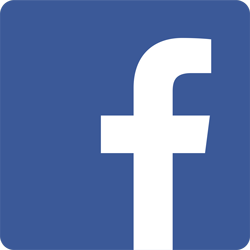
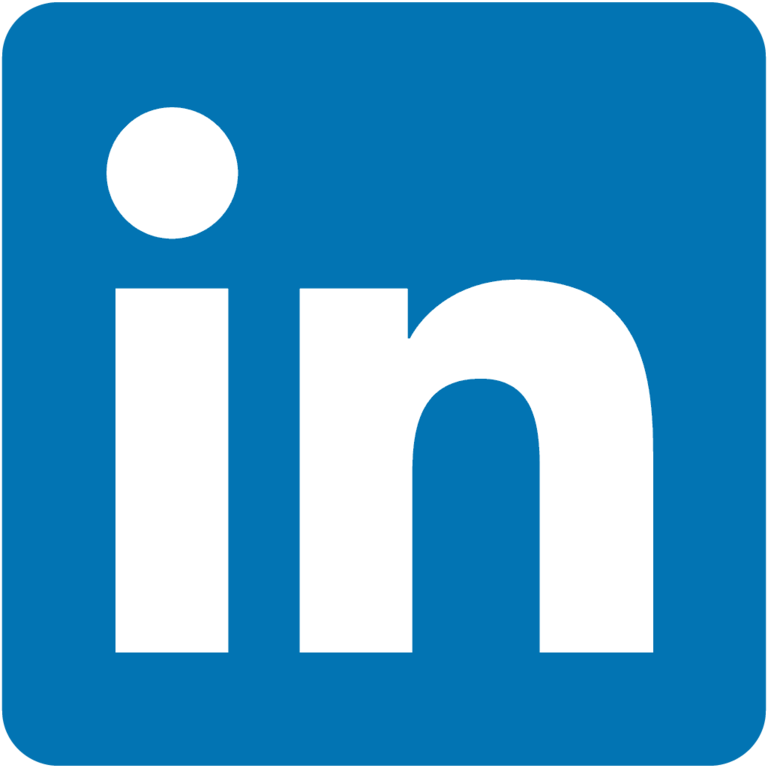

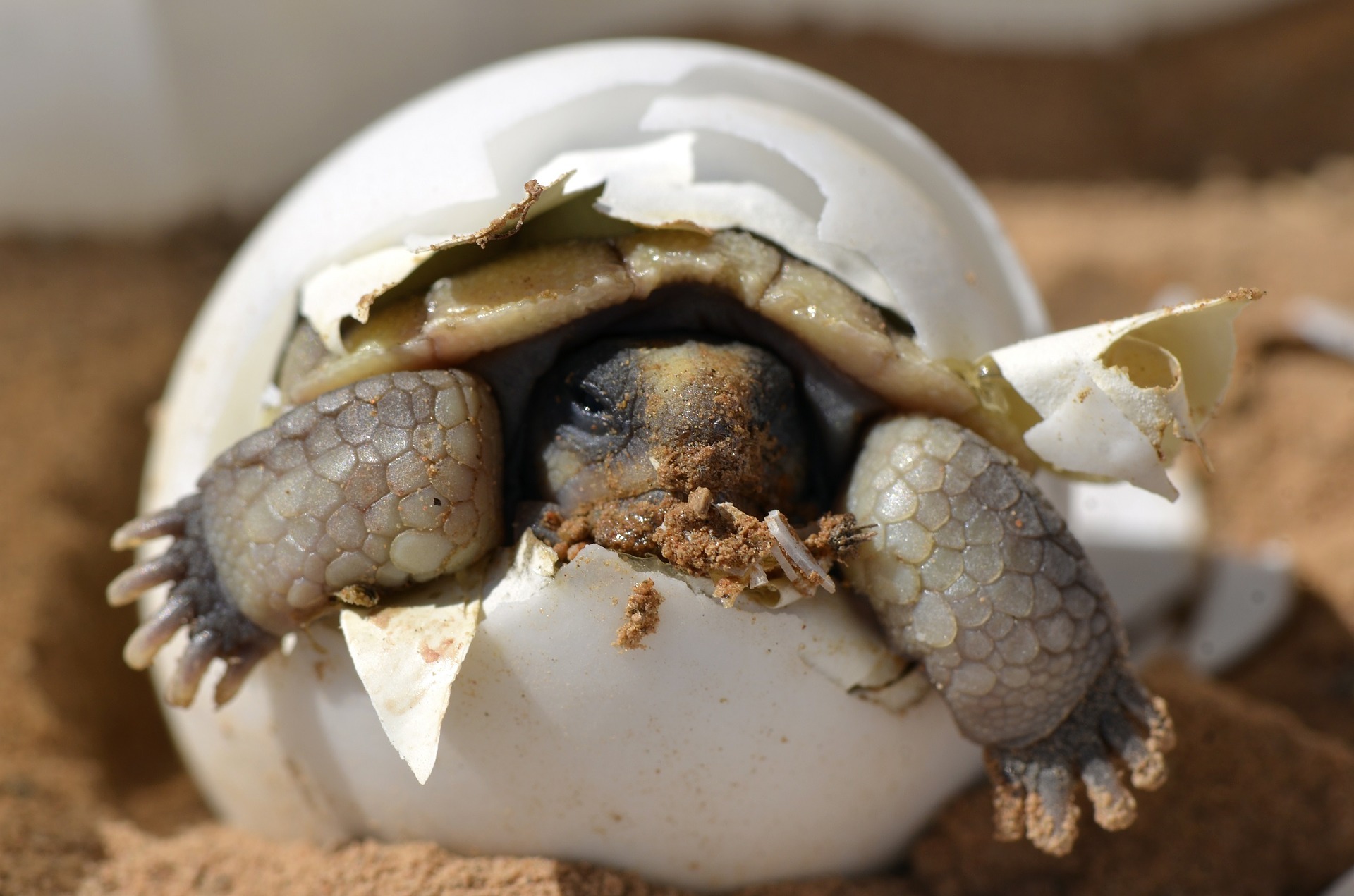
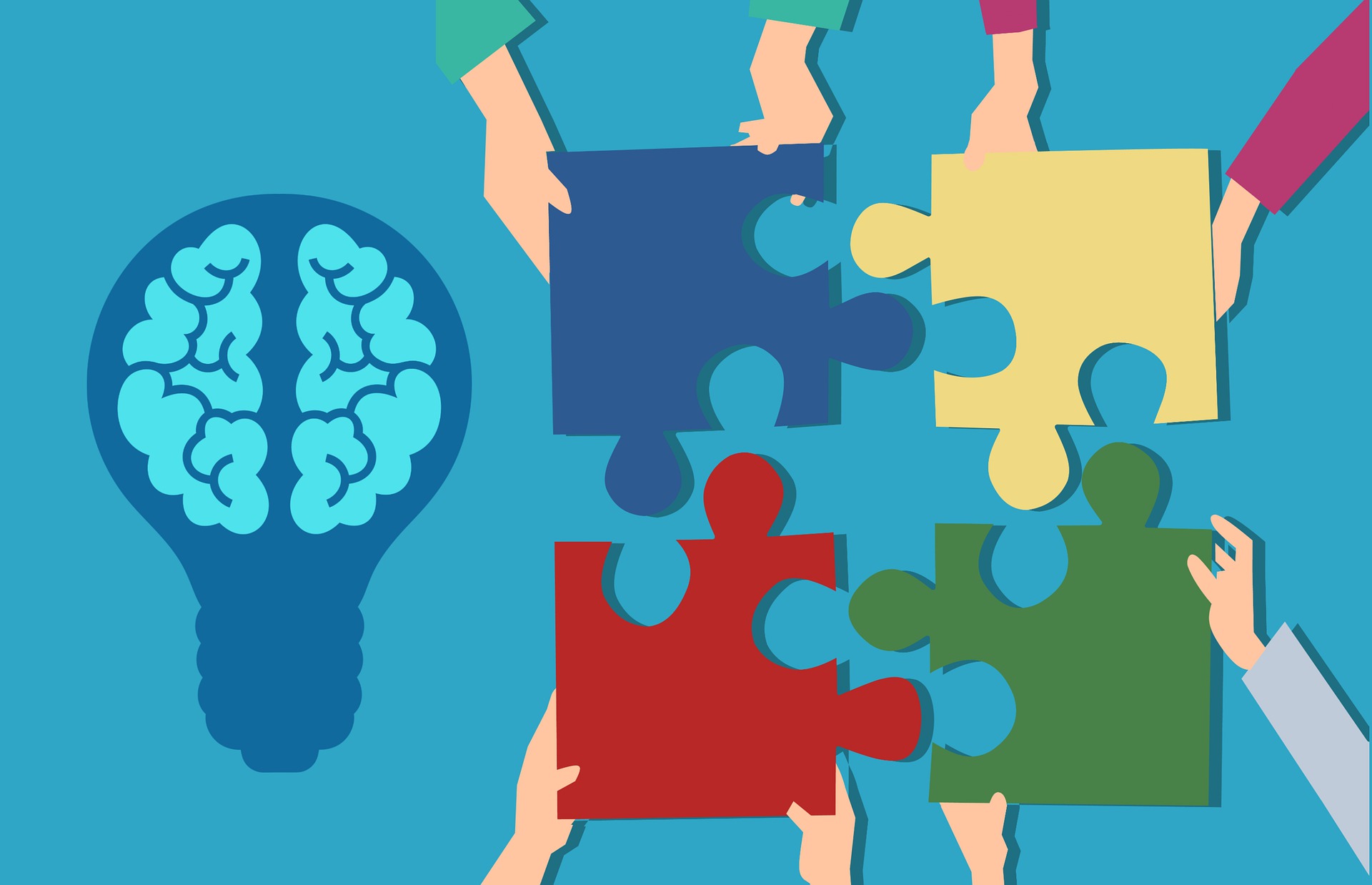 Image by
Image by